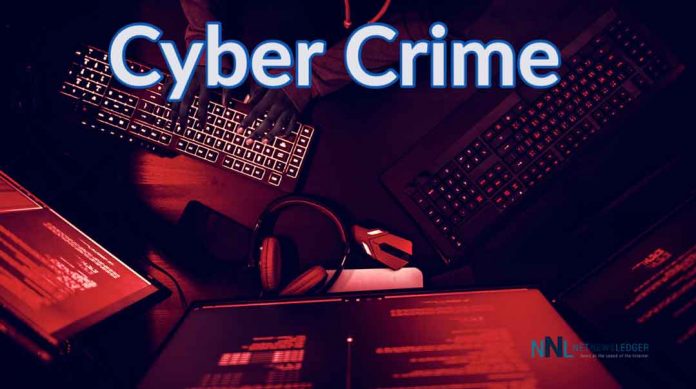Thunder Bay – News – Thunder Bay Police Service is issuing a warning about recent fraud cases involving online investment scams.
In one recent case, a local victim was defrauded of more than $500,000 CAD when they followed investment advice from a Facebook friend. The financial advice led the victim to utilize investment platforms that were not registered, and later found to be fraudulent.
In another recent case, the Thunder Bay Police Service was made aware of a local person who was investing in Bitcoin with a company claiming to be based in the United Kingdom. After investing since the spring, the victim requested a withdrawal of funds, at which point the company demanded a payment of $10,000 to transfer their investments into cash.
The company was not a registered trader.
Online traders can be a convenient way to manage your finances, however, you should check to ensure the platform you are about to use is legitimate and registered. To learn more, visit the Canadian Securities Administrators online at: www.securities-administrators.ca/registration/are-they-registered.
Scammers are often based in countries outside of Canada and as a result can be very difficult to identify. Investigations into these kinds of frauds may require assistance from outside police services and are often very complex.
If you receive any unsolicited communication by any means asking for money to be given or that you won money, be cautious and suspicious. Never give out any personal, credit or banking information to anyone over the phone, by letter, email, fax or any other means of communication. Never provide anyone your Social Insurance Number (SIN) over the phone. Often, the victims are presented with a situation that is either very serious and/or needs immediate attention and they feel pressured to provide the information requested on the spot. This is a tactic frequently used in the scams.
Here are just a few current examples of some of the frauds
- Canada Border Services Agency (CBSA) Scam – The CBSA is warning the public about ongoing email, text messages or telephone scams in which people posing as officials from the CBSA are asking for personal information, including SIN. The methods used by the scammers to communicate with the public, and the rational provided to justify being in contact with the victim, are varied, ever changing, but always designed to lure the public into providing personal information. In some cases, these scams use false CBSA information. Telephone calls may display numbers and employee names that appear to be from the CBSA. Emails may contain CBSA logos, email addresses or employee names and titles to mislead the readers. It is important to note that the CBSA never initiates a request for SIN and credit card number by telephone or email. If an individual receives a telephone call or an email asking for this information, or requesting payments from the CBSA, it is a scam.
- Canada Revenue Agency (CRA) Scam – criminals extort money from their victims through a fraudulent communication that claims to be CRA. The communication requests personal information such as a SIN number, credit card number, bank account number or passport number. They make false claims about the victims owing money and they are very aggressive.
- Covid Scam – The Canadian Anti-Fraud Centre (CAFC) has received reports of a text message scam tied to COVID-19 vaccines. The text message claims to be from the Ministry of Health and will say that your third COVID-19 vaccine has been scheduled. The fraudulent text message then asks you to click on a malicious link. After clicking on the link, you are asked to download software that contains malware. Malware can infect your device and can put you at risk for identity fraud by exposing your personal information, banking details and online account credentials. Do not click on the link!
Also, please be aware that no reputable organization or institution will demand payments in the form of crypto currency like Bitcoin. If you are asked to make a payment via a Bitcoin ATM, please call police at 684-1200 for advice.
For further information about various frauds and scams that may be circulating, please visit the Canadian Anti Fraud Centre online at: www.antifraudcentre-centreantifraude.ca.

